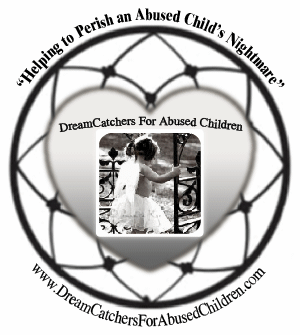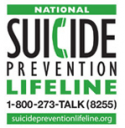Sexual Abuse Survivors Wait Too Long To Report
If you were a victim of sexual abuse as a child, did you ever tell anyone? If you did, how long did you wait until you reported the abuse?
A recent study from Quebec finds that half of sexually abuse individuals wait up to five years and one quarter never reveal they were sexually abused as children.
Sexual abuse survivors often find it very difficult to tell anyone they have been violated, and the longer they wait, the more lasting and severe will be the impact on their lives. To evaluate this phenomenon, researchers from three institutions—the University of Montreal, the University of Quebec in Montreal, and the University of Sherbrooke—collaborated and reported on their interrelated studies.
In one study, the investigators surveyed 800 men and women and found that 22 percent of women and 10 percent of men were survivors of sexual abuse. Of this group, one-quarter had never told anyone they had been sexually abused as children. Abused males were more likely to remain silent than women: 16 percent of women and 34 percent of men never shared their story.
According to the American Academy of Child and Adolescent Psychiatry, up to 80,000 cases of child sexual abuse are reported each year, but the number of actual cases is higher because children are afraid to tell anyone. Children who are sexually abused are more likely to report they have been abused if their abuser is a stranger. Unfortunately, serious cases of abuse (e.g., rape) are usually committed by someone the victim knows, including a family member or friend. In fact, 85 percent of female victims and 89 percent of male victims know their abuser.
Children who have been sexually abused can develop a wide variety of psychological problems and physical problems and behaviors related to the abuse. When the abuser is someone the child knows and cares for, the young person becomes torn between affection for the person and the sense that the sexual activities are wrong. Sexually abused children often develop low self-esteem, feelings of worthlessness, a distorted view of sex, sleep problems or nightmares, conduct disorders, depression, or suicidal behaviors or thoughts. Some become child abusers themselves or prostitutes.
A 2005 study published in the American Journal of Preventive Medicine looked at the long-term impact of childhood sexual abuse. The Centers for Disease Control and Prevention (CDC) retrospective study evaluated data from 17,337 adults in San Diego, California, who completed a survey about abuse or household dysfunction during childhood. The researchers noted that men and women sexual abuse survivors were at a 40 percent increased risk of marrying an alcoholic, a 40 to 50 percent increased risk of reporting marital problems, and more than twice as likely to attempt suicide.
In the second study, Professor Isabelle Daigneault of the University of Montreal Department of Psychology investigated the likelihood that young victims of sexual abuse would become adult victims of sexual or physical abuse. She examined 9,170 women and 7,823 men throughout Canada and found that female survivors of childhood sexual abuse are three to four times more likely than male survivors to be victims of physical or sexual abuse as adults.
This was the first study that combined data on childhood sexual abuse with relationship problems in adulthood, according to Daigneault. Although male survivors of sexual abuse are three times more likely to be victimized as adults, the number of men who reported sexual abuse as adults was too small to establish a statistically significant correlation.
Overall, the number of sexual abuse survivors who wait many years to report their abuse or who never do so is great, according to Mireille Cyr, a co-author of the first study and a psychology professor at the University of Montreal. “This is regrettable,” she notes, “because the longer they wait to reveal the abuse, the harder and more enduring the consequences will be.”
SOURCES:
American Academy of Child and Adolescent Psychiatry
Daigneault I et al. Child Abuse & Neglect 2009; 33(9): 638
Dube SR et al. American Journal of Preventive Medicine 2005 Jun; 28(5): 430-38
Hebert M et al. The Canadian Journal of Psychiatry 2009; 54(9): 631-36
http://www.emaxhealth.com/1275/48/35200/sexual-abuse-survivors-wait-too-long-report.html
By the time you finish reading this, 15 children will have been abused; In the next five minutes, 30 more; Within the next hour, 360 more; And by tonight, close to 8,000+ children will have suffered from abuse, 5 of which will die. Child abuse has increased 134% since 1980 and is now considered a worldwide epidemic. The high jump in child abuse deaths and the shocking increase in statistics highlights the frightening lack of public knowledge.
Educate Yourself -- Learn the Facts
It May Just Save a Child's Life!!


















![Validate my RSS feed [Valid RSS]](http://dreamcatchersforabusedchildren.com/wp-content/uploads/2009/10/valid-rss.png)












